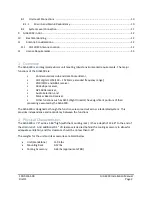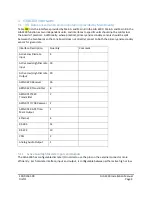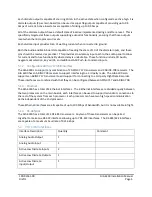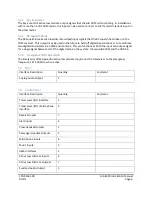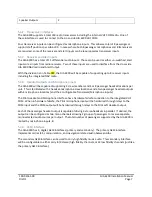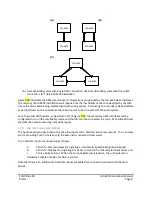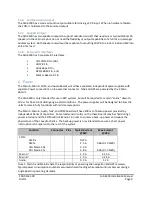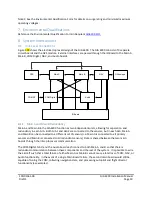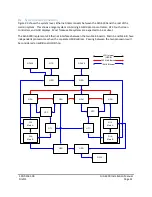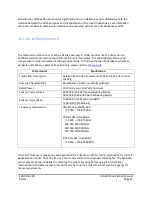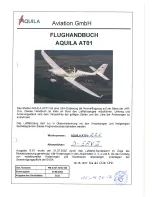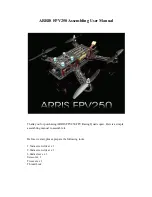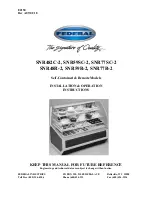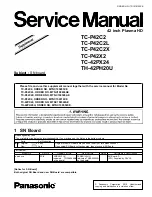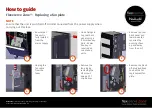
190-01561-00
GIA 6300 Installation Manual
Draft1
Page 8
GIA 6300
GIA 6300
GIA 6300
GIA 6300
GIA 6300
GIA 6300
GIA 6300
(A)
(B)
(C)
(A)
Dual GIA 6300 system with single AES3 connection, (B) Dual GIA 6300 system with Dual AES3
connection, (C) Triple GIA 6300 installation.
Figure XXX illustrates the AES3 interconnect configurations provisioned by the GIA 6300 AES3 interfaces.
The majority of GIA 6300 installations will require only the low fidelity connection depicted by (A) with
cross-side music audio being implemented with wiring splices. Connecting the secondary AES3 interface
as per (B) allows up to 4 entertainment audio sources to be connected to the audio system.
For a Triple GIA 6300 system, as depicted in (C) of Figure XXX, the secondary AES3 interfaces will be
configured to run in the low fidelity mode and the GIA’s
will be connected in a loop. Each GIA 6300 only
provides the audio sourced by its specific inputs.
5.4.5
Discrete Inputs and Outputs
The Audio board provides 6 discrete, active low inputs and 7 discrete, active low outputs. The 7 outputs
are for providing Push-To-Talk keys to the externally connected transceivers.
The 7 discrete inputs are divided up as follows.
a.
3 Push-To-Command keys for signaling an Automatic Speech Recognition Request,
b.
2 Push-To-Talk keys for signaling the desire to transmit on the selected transceiver, and
c.
1 Force Failsafe Input. When the Force-Failsafe input is active, the unit is placed in
Hardware Failsafe outside of software control.
Note that there is an additional 10 discrete inputs available from connections shared with the main
boards.


